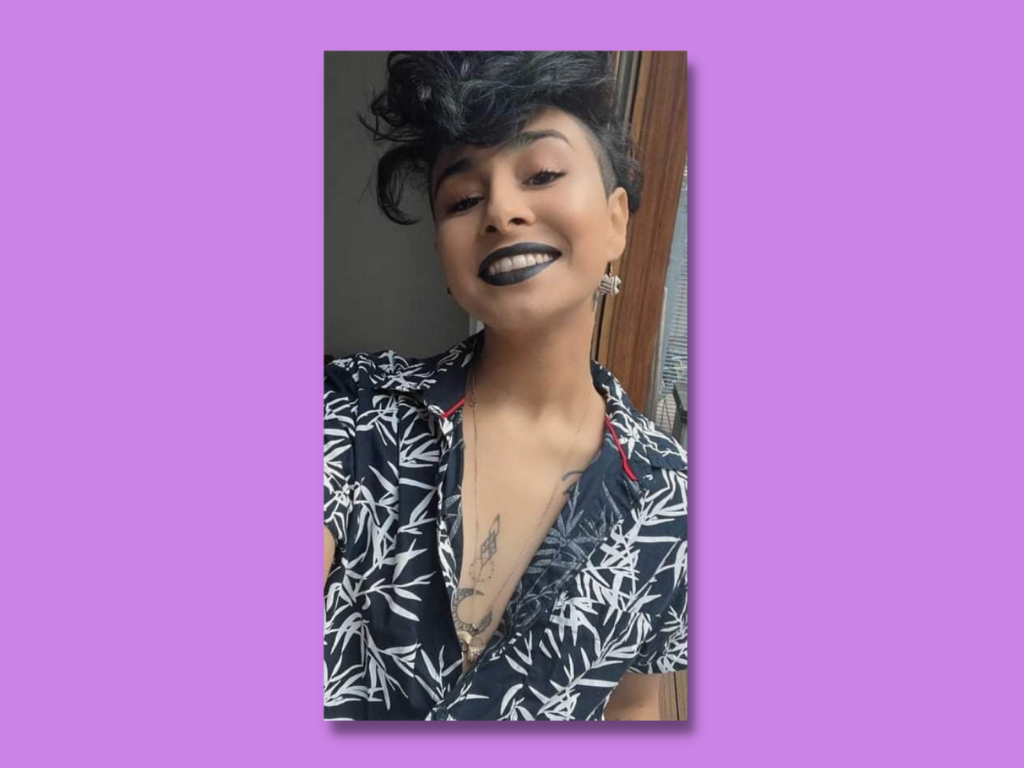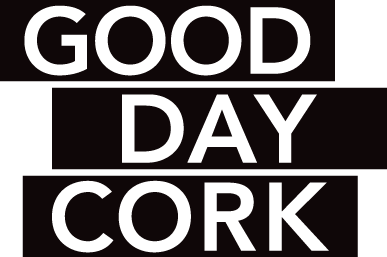Dear Diary, I am back
By Asmae Ourkiya

It has been years since journaling landed a warm riveted spot in a box I labeled “Things I used to do as child.” I used to dedicate my time before sleep to documenting every detail of my day. For a child and early teenager, I am impressed by how well I navigated my feelings and how I criticised the world around me. This habit has always been effortless. But as I grew up, my routine started to slowly fade away. Every night became every other night, and every other night turned into a once in a week ritual, and the weekly ritual became a spontaneous-I-am-bored-I-should-probably-write task until I no longer had a tangible notebook I called “my diary”.
I think I was about thirteen or fourteen when I detached from what used to be a practice that I have long committed to religiously. I barely have any memories of that period nor do I recall what I was feeling during the transition from being a vigorously devoted writer to someone who completely dissociated from the pleasures of having my life commemorated through the magic of paper and ink.
On December 29th, 2020, I grabbed a journal that I had bought around Halloween time. It has a black leather cover centred with “The Book of Shadows” in a halloweeny font. I thought it was a cool notebook but I had no intention to use it for journaling. December 29th was a full moon night. It was the Moon After Yule, a Cold Moon. Yule dates back to Old Scandinavian and Germanic mid-winter celebrations where they held feasts, performed rituals, and even
gave sacrifices to the Gods to welcome the sun back. Having been all over Scandinavia several times, I understand the need for Yuletide rituals. Nordic winters are harsh, cold, and depressing. People yearned for longer daytimes, for warmth, and for clear skies. They yearned for a new beginning and the end of a dark season. So they prayed, and baked, and ate, and offered oblations to whichever gods they worshipped. So I thought: “This is my Yule, how will I celebrate?”
I reached out to my bedside table, opened the drawer and grabbed the first pen my hand could reach. I didn’t know where to start. “Dear diary, let me tell you about the past 12 years”? A million thoughts started to cross my mind yet I couldn’t wrap my head around any of them just to begin writing. I can surely write an 85000 words thesis, yet here I am trying to withstand this writer’s block. All the bursting thoughts cleared out until only one of them remained. This thought stood out and was impossible not to focus on. It felt like watching a group of actors on a stage when they all suddenly disperse and only one of them remains forvthe final act standing under a very strong spotlight. “Why did I stop?” The question was swathed with thoughts of guilt and escapism. I knew at that very moment that answering that question meant opening a pandora box I have spent years running away from. Most of us human beings have that one phase -or more phases- in our lives, most likely in our childhood or teenage years, that we don’t look back at.
What is my primal wound? Where did it go wrong when I was navigating the path towards emotional maturity? And what horrible thing could I have possibly associated with journaling that I have abandoned my ritual for years? I have had such punitive self-interrogations in my late teenage years when my mother finally gave me a new journal when I turned sixteen; one I never opened. Shortly, these interrogations drifted away as I was not willing to dig deep into my childhood to find the answers. But on a December full moon night, I think I was finally ready.
I opened the notebook and I decided that I do not need to have it all figured out to write it down. I can doodle. I can scribble. At the end of the day, it’s better than staring at a blank page for an hour until I give up. So I started going back in time, thinking about my early years, especially my preadolescence. I grabbed my pen and without filtering or putting myself under the pressure that I need to write an introduction or an “I am back” statement, I started writing:
“I am aware that I have been intimately shaped by my parents, what they taught me, and the peculiar way they brought me up. I also have vivid memories of the way they ignored my presence when they fought, the way I felt when I could not help my mother during my father’s anger episodes that became more and more frequent and more violent over the years. There it is! That feeling when something in your head finally makes sense. I wanted to be anything but her. I was afraid to become her. She gave me my first diary and encouraged me to start journaling in two languages because that’s what she has always done. So I did because up until I became a teenager, my mother was the hero, until my perception metamorphosed her into a victim. I was scared to turn out to be a victim of choosing an abusive partner, so I had to do things differently than her. I ditched the journaling habit and never looked back. If writing is what gives her resilience, I simply didn’t want it. I didn’t want to be strong, patient, or tolerant. I wanted to avoid making that choice at all costs. I wanted to be the opposite of her, someone who would never have to make the sacrifices she made.
Yet the way I see myself and the way I see my mother are completely different now. Perhaps I outgrew that fear. I realised that my mother’s journaling was one of the means she used to keep her identity intact. It represents the time she sacredly dedicated to herself. I unconsciously internalised the belief that my mother buried her sorrows in paper which is why I decided to focus on having a voice in the world instead of following her steps. I watched her be silenced by my father for years so my deep longing for acknowledgement and for my voice to be heard only grew stronger. So I vowed that I will never be condemned to be enmeshed in her destiny. How could I digest the idea that my caretaker could barely take care of herself? Little did I know that by escaping from what I feared would be a recreation of her pattern, I was actively sabotaging the writer in me. Knowing what I know now almost two decades later, my mother has always been stronger than I have ever allowed myself to see.
My fear of being silenced and my resentment for growing up in an unhealthy environment blinded me and prevented me from discerning that she actually pointed me to the secret of having a voice in a pivotal modus operandi: Writing.
So dear Diary, here I am sincerely apologizing, asking you to forgive me for neglecting you and consequently neglecting one of my deepest needs. I am sorry I punished you for a crime you never committed. I left you because my desire for external validation was stronger than my will to explore who I really am and work on becoming my authentic self. I focused on having a voice in the streets, in the classroom as a student, in my workplaces as an adult, in conferences as an activist, and in workshops as a mentor. But the louder I screamed, the more deafening the silence became every time I was left alone with my own thoughts. So to fill the void, and before I even realised it, googling my full name meant finding a series of publications. I never really stopped writing. Book chapters, three theses, numerous articles, new stories, and even a book deal that is currently a work in progress. Yet no amount of writing has filled the hole that abandoning my childhood ritual has dug inside me.
So here I am, ready to stop running. Ready to accept that writing was my first love. Ready to reclaim the self-empowerment I felt every time I dignified myself with the time to be vulnerable and process my deepest apprehensions instead of ignoring them or numbing them. I am reaching out to you, my Youngest Self, and I am pulling you up after burying you so deeply I almost forgot who you are. I am offering you grace and abundance, I am willing to resume nurturing you just the way you knew how.
On this full moon night, may you never pressure yourself to write, or not to. May you find peace in finding your way back to who you are meant to be. May you accept vulnerability back into your life, and may you never cut the cord again. Here I am sacrificing my fear and my pride. This is my Yuletide.”

